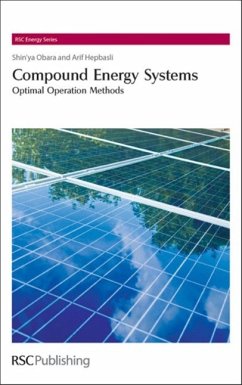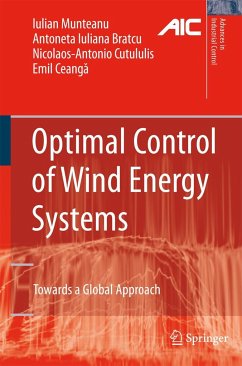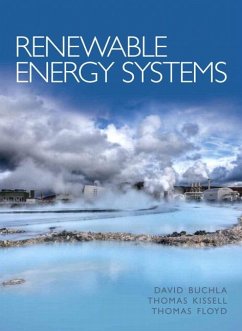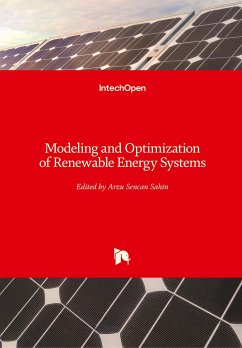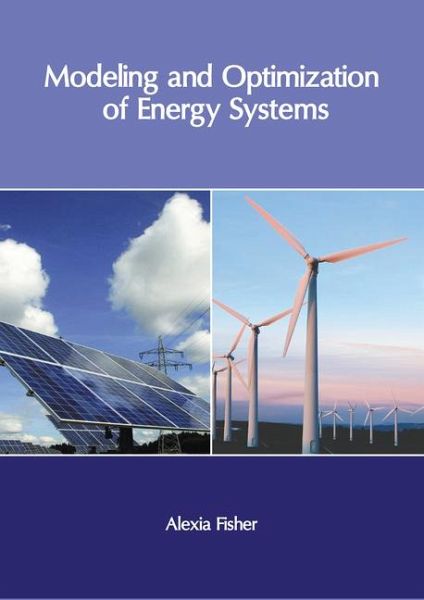
Modeling and Optimization of Energy Systems
Versandkostenfrei!
Versandfertig in über 4 Wochen
129,99 €
inkl. MwSt.

PAYBACK Punkte
65 °P sammeln!
Energy optimization refers to the controlled and mindful use of energy in the built environment as well as avoiding use of energy in order to maximize the benefits for people and the environment. Modeling involves interpreting a set of physical phenomena and developing a reasonably complete, closed and comprehensive phenomenological and mathematical formulation that describes a problem. Modeling usually results in a system of equations that can be solved to derive the values of variables that describe a phenomenon. Optimization of energy systems includes thermodynamic modeling, and analyzing a...
Energy optimization refers to the controlled and mindful use of energy in the built environment as well as avoiding use of energy in order to maximize the benefits for people and the environment. Modeling involves interpreting a set of physical phenomena and developing a reasonably complete, closed and comprehensive phenomenological and mathematical formulation that describes a problem. Modeling usually results in a system of equations that can be solved to derive the values of variables that describe a phenomenon. Optimization of energy systems includes thermodynamic modeling, and analyzing and optimizing different types of energy systems in a variety of applications. It offers a fresh perspective on the systems and procedures of defining appropriate objective functions for choosing the best design parameters to achieve increased efficiency, sustainability, and cost effectiveness. All energy-intensive human activities must be revisited and modified to make them energy-efficient. This is essential to reduce the ecological footprint of humans on the Earth. This book unravels the recent advancements in modeling and optimization of energy systems. It will also provide interesting topics for research, which interested readers can take up. This book, with its detailed analyses and data, will prove immensely beneficial to professionals and students involved in this area of study at various levels.



